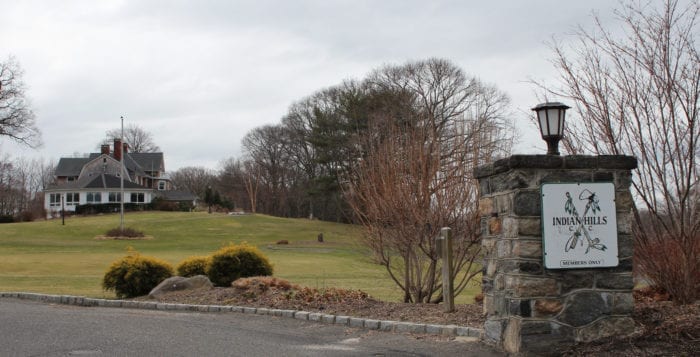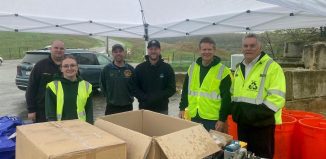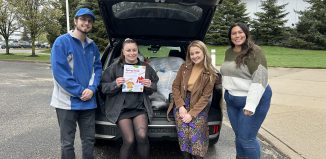Huntington officials weigh the future of Indian Hills
By Raymond Janis
The Preserve at Indian Hills, a planned retirement community along the Indian Hills golf course in Fort Salonga, is seeking approvals from two Town of Huntington boards.
The Preserve is being spearheaded by Jim Tsunis, managing member of Hauppauge-based development firm The Northwind Group. Applications with the Zoning Board of Appeals and Planning Board must be approved before construction can begin.
“We’re building an extraordinary community on over 150 acres of property,” Tsunis said in a phone interview. “In addition, we’re preserving over 120 acres of the golf course. This is a win-win situation for the residents of Fort Salonga.”
According to Tsunis, 74 townhouse units will be built along with renovation of the clubhouse and construction of a fitness center. Under Huntington code, a golf course cannot be operated within a residential area without a special use permit from the ZBA. With this approval, The Preserve at Indian Hills can legally function as a golf community.
“Because they are changing the location and the size of the clubhouse in their plans, they are required to come before the zoning board to request a continuation of their use permit to have a golf course on the premises,” ZBA chair Jerry Asher said in a phone interview.
The application has sparked opposition from some Fort Salonga property owners. The Fort Salonga Property Owners Association is a civic group that formed to resist redevelopment at Indian Hills under the current plan.
“We want to make it clear we are not against development on the golf course,” said FSPOA president John Hayes in a phone interview. “But this plan with 74 homes, plus the expanded golf club, will have a detrimental effect on the community for the short and long terms.”
FSPOA’s objections to the project include its size and scope, proximity to surrounding neighborhoods, the potential for environmental harm and diminishing property values of neighboring homeowners.
“A number of the neighbors got their appraisals and [the existing homes] may, in effect, lose 10% of their values,” Hayes said. “The neighborhood is extremely concerned. We do not understand how they are planning to go ahead with this.”
By keeping the existing golf course intact, Tsunis believes that the project will preserve, rather than disrupt, the natural and historical character of the land and its surrounding area.
“Everyone that lives in the area references Indian Hills Country Club for their location,” he said. “There would be single-family homes twice or three times the size of my townhouses built all over the area if I didn’t preserve the golf course.”
Detractors demand greater initiative by the ZBA in a last-ditch effort to impose greater restrictions on development while the project remains in the planning phase. However, Asher indicates that the ZBA has a narrow purview over this matter.
“The only [jurisdiction] the zoning board has is whether or not we will grant them a use permit to run a golf course,” Asher said. “We don’t have jurisdiction over anything else. The Planning Board has jurisdiction over all of the other things.”
The Planning Board will hold its own public hearing on Feb. 16 without a vote, contrary to recent misreporting that a vote of final approval will be held on that date.
“I’ve read those reports and that’s inaccurate,” said Planning Board chair Paul Ehrlich. “We won’t be making decisions on the 16th. It really is just for the board to hear the comments.”
Andy Rapiejko, a Fort Salonga resident opposing the project, denounces the Planning Board’s decision to hold this hearing without the ZBA first granting the special use permit.
“In many steps, the process isn’t logical,” Rapiejko said. “Why would they have a hearing without a vote? Wouldn’t you want the community to have the information on what the ZBA determines?”
Aware of the importance of its upcoming decision, the ZBA has brought in
outside help.
“We are hiring [a consulting firm] called H2M to give us some advice on how we ought to resolve the application before us,” Asher said.
The ZBA is not expected to hold a final vote on the special use application until early April.







